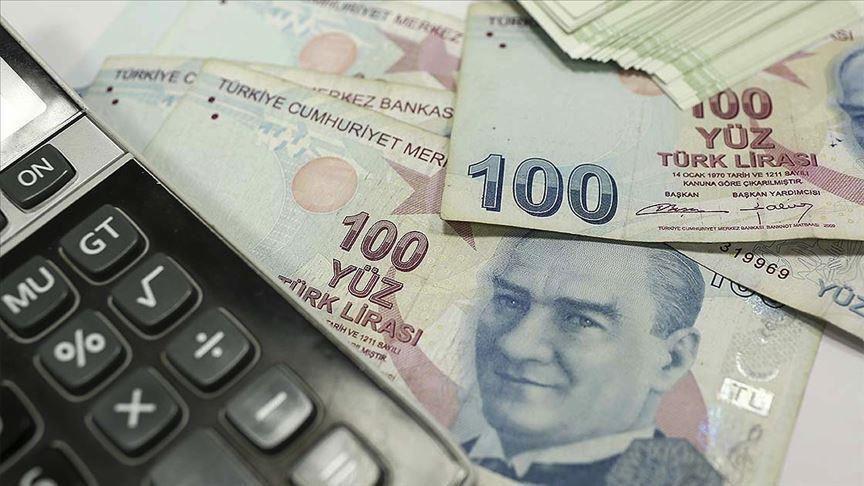
The three largest Turkish state-owned banks have unveiled new advantageous loan packages in four categories in a bid to help stimulating the economy as the country relieves the effects of the coronavirus pandemic.
“Our public banks have launched four new credit packages to meet the financing needs of our citizens in the transition period toward normalization and recovery of the social life,” said a joint written statement by Ziraat, Halkbank and Vakıfbank yesterday.
Turkish Treasury and Finance Minister Berat Albayrak said in a tweet that the new packages will support domestic production and economic mobility in all sectors.
“Thank god, tradespeople have returned to their works to win bread on the first day of the new normalcy,” he said in a separate tweet, referring to lifting of the strict measures and transport bans which were effective to curb the spread of the COVID-19 disease since mid-March.
For first-hand house purchases, the banks will grant loans with maximum maturity period of 15 years, grace period of 12 months and interest rate of 0.64 percent. For second-hand house sales, the interest rate will be 0.74 percent.
House credit volumes will be 750,000 Turkish Liras (nearly $110,000) in Istanbul, Ankara and İzmir, and 500,000 liras ($73,355) in other provinces.
House buyers will make upfront payments of 10 percent of the total amount as part of the new credit packages.
According to a chart shared by the banks in the statement, a newly-built house buyer receiving a loan of 100,000 liras ($14,666) will repay a total of 168,709 liras ($24,744) in 180 monthly installments. If the buyer opts for a deferment of payment for 12 months, the total amount to be paid back will be 171,184 liras (($25,106).
As part of the second-hand house sale loans of 100,000 liras, the total amount to be paid back in 15 years will range between 181,285 liras and 183,925 liras.
Similar loan opportunities will be introduced for individual/corporate customers who will purchase new passenger vehicles, including motorcycles, or commercial vehicles from contracted companies that make domestic production.
In addition to this, the banks will offer similar credit conditions for the social needs of individual customers under appropriate conditions, agreements will be made with domestic production companies of furniture, electronics, white goods, home textile, dowry and bicycle sectors and so on.
Last week, Albayrak made it clear the government will implement its long-term, Turkish lira-based and low-cost financing programs more effectively along with the falling interest rates in the coming period.
Pointing to Turkey’s “Economic Stability Shield” package unveiled on March 18 to help companies cope with the economic fallout of the virus, Albayrak said the value of the relief package has now reached 260 billion liras ($38 billion). The package mainly includes tax deferments, cash aids and cheap loans.
Albayrak recalled that with the multiplier effect, the size of the bailout package had hit nearly 600 billion liras ($89 billion), equivalent to over 10 percent of the country’s GDP.
The Turkish economy recorded a GDP growth of 4.5 percent in the first quarter, according to the official data.